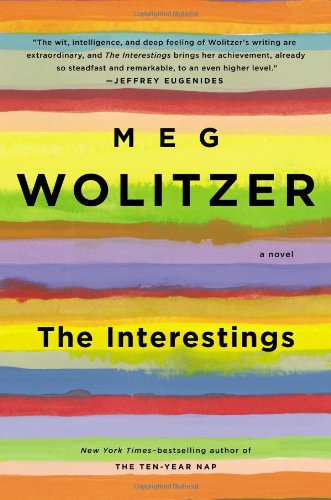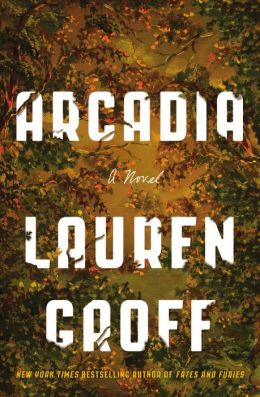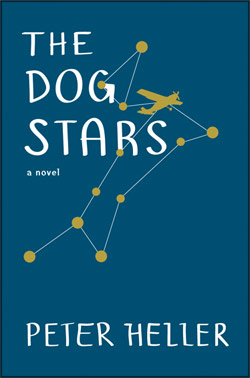*I wrote this review this summer, but never posted it. But if you happen to have a little reading time on your hands, this novel might do the trick. But it's not for everyone -- see below.*
John Irving, I love you so much. But your latest novel, In One Person, is entirely too much about penises.
I mean, you've been writing novels for longer than most of these clowns publishing so-called "literary fiction" these days have been alive. And I love you characters like they are my own friends. And your voice is true and not at all fussy. And your plots are masterful, unexpected, and rarely heavy-handed.
But I just don't know if I can recommend In One Person, as much as I loved it, because of all the penises.
But if you've made it this far in my review, and you're still interested, oh gosh, I loved this book.
It might have been because of the familiar beginning:
A boy with a beautiful mother, an enigmatic lack of a father, a beloved step-father, and a strange New England boarding school faculty-kid upbringing participates in vibrant community theater with an unforgettable grandparent. Fans of THE VOICE will know what I'm talking about.
There's a lot about William Abbott that reminded me of Johnny Wheelwright. At one point, his classmate Delacorte practically echoes Owen Meany word for word:
"I didn't say what your mom looks like," Delacorte insisted. "I just said she was the most beautiful. She's the best looking mom of all the moms!"
I have to imagine these echoes are deliberate on Irving's part, but either way, this novel evoked Owen Meany in an appropriately nostalgic and tender way.
But from those familiar beginnings, William Abbott takes a different path. Much of this story takes place in the small town of First Sister, Vermont, where William comes of age and meets the love of his life, the mysterious librarian, Miss Frost. Miss Frost introduces William to the world of reading, and throughout his life, these books help him to understand himself, others, and his universe:
I raced home from school to read; I raced when I read, unable to heed Miss Frost's command to slow down. I raced to the First Sister Public Library after every school-night supper. I modeled myself on what Richard Abbott had told me of his childhood. I lived in the library, especially on weekends.
See why I liked it?
Meanwhile, he and his best friend Elaine participate in Shakespearean plays and go to school and grow up. And things happen, unexpected things -- they leave First Sister, they live in New York and San Francisco. They face tragedy. But all the while, William always returns home to First Sister, to the wisdom of his family and those novels that helped him grow up.
This novel is about love. It is about different types of love than you or I might experience, and yet they are so recognizable -- that is Irving's gift. He loves people; he loves his characters, who are deeply human in their weirdness, and they are conveyed with such straightforward compassion that this reader could not help but feel ennobled by the end.
And it is a novel about books. About how they help us face things. How they shows us who we are and also allow us to escape from ourselves.
William comes by his creative predilections rightfully -- his grandfather, Grandpa Harry, is renowned for his portrayals of some of Shakespeare's most influential leading ladies. But Grandpa Harry knows some things, and in his infinite wisdom and his infinite strangeness, he tells William:
"Ah, well -- there's people you meet, Bill," Grandpa Harry said. "Some of 'em are merely encounters, nothin' more, but occasionally there's a love-of-your-life meetin', and that's different -- you know?"
It is different. And so is this novel.










